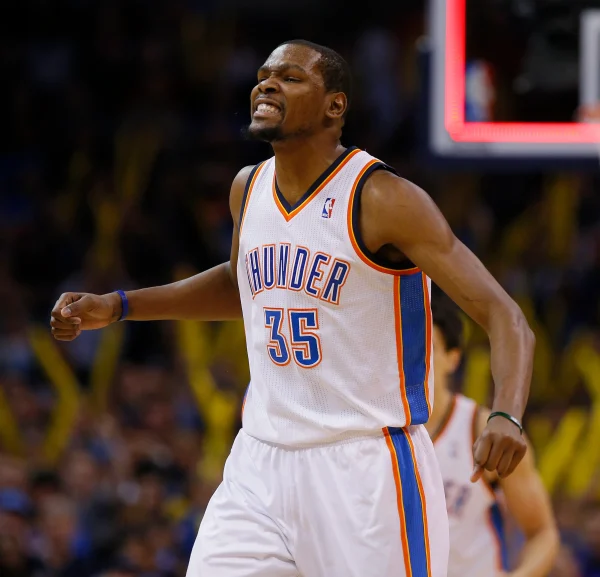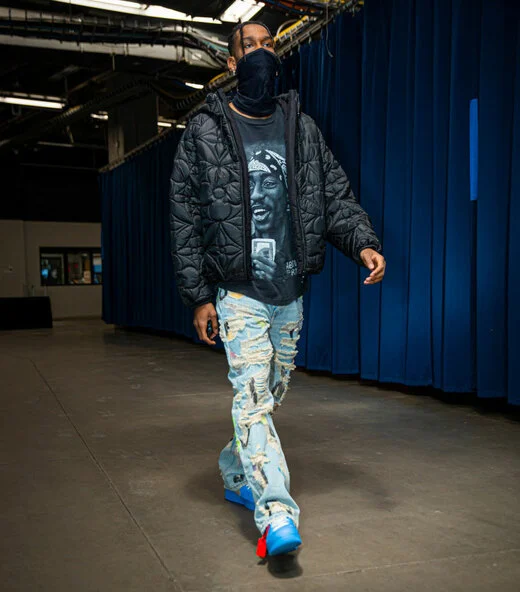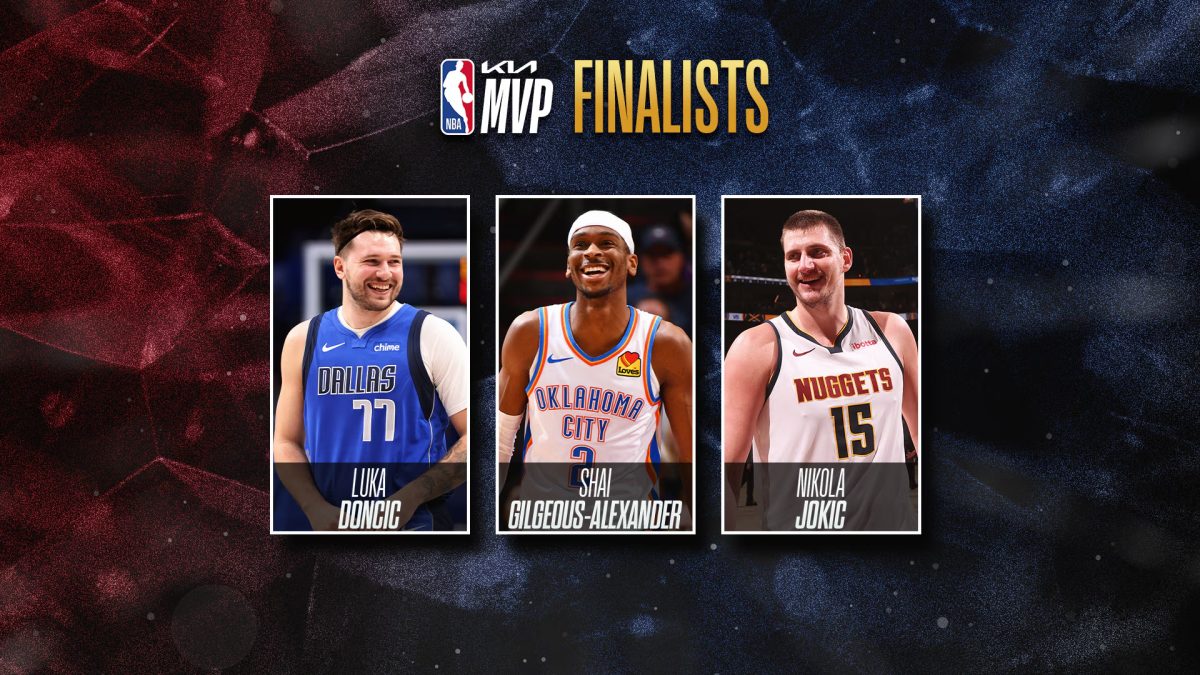Nikola Jokic, Shai Gilgeous-Alexander, Luka Doncic, and Giannis Antetokounmpo all have one similarity—they were the four players who led the Most Valuable Player(MVP) race at the conclusion of the 2023-2024 NBA regular season. However, these four players have another similarity: None of them are from the United States. The National Basketball Association, has hundreds of top-tier athletes. Yet, what is often overlooked about the NBA is its significance beyond the court and across the globe. From its economic benefits to its cultural influences to its community activism, the NBA has far-reaching implications across the globe.
As a billion-dollar business, the NBA has had a substantial impact on both local and international economies. At a simple scale, according to GlobalEdge the NBA brings in $10 billion of revenue annually. But this number only looks at ticket sales, ad revenue, and sponsorships; the impact of the NBA stretches far beyond just this. Even yearly, events like the All-Star game bring in up to $320 million in revenue and thousands of tourists—evident in the game held in Indiana this year. Every place the NBA goes, economic booms follow. For example, the biggest economic boosts come from the addition of expansion teams. According to Hoop Heads, every time an NBA team has been introduced to an area, there have been huge booms in local jobs, small businesses, and tourism. This causes increases in local home prices and spending overall. So the next time you hear someone complain about San Francisco prices, you can, in part, thank Steph Curry for that. Most recently, in 2008, we saw the Seattle SuperSonics become the Oklahoma City Thunder in a move that left Seattle fans stunned. This may have been depressing news for Seattle, but Oklahoma City saw benefits like no other: a young contending team led by Kevin Durant, a championship appearance, and most importantly extensive economic benefits. 
According to the Greater Oklahoma City Chamber, the team would bring in an annual impact of $590 million with more than 3000 jobs. But looking further, the construction of the Paycom Center itself brought in $1.3 billion and supported 10,000 jobs for the city as a whole. The NBA has been looking to expand to more cities, bringing jobs and revenue along with it. Some potential sites include Seattle, Nashville, Vancouver, Montreal, and most interestingly, an international team. After the Toronto Raptors in the north, the NBA has seriously started to consider adding a new team in the south in Mexico City. This is because of the popularity and influence of the NBA on an international level. According to De Mode Magazine, the NBA has influenced the expansion of international leagues in Europe and Asia, such as the T1 League in Taiwan and LNB Elite in France, by displaying the importance of a sports league in generating revenue for a country. Just like the NBA has local economic benefits when creating new teams, these leagues bring the same revenues to the cities they reside in. For example, Victor Wembanyama, the generational rookie that entered the league this year, came from the LNB French league and brought profits to French cities through heavy increases in viewership. Through its influence, both locally and internationally, the NBA has improved the lives of thousands with better economic outcomes for every community it impacts.

The culture of basketball and the NBA has also (surprisingly) shaped the fashion industry. Specifically, in 1917, the sneaker industry underwent a transformation through fashion trends; the shoe under the name ‘non-Skid’ was born. Let’s be honest, people buy clothes that reference or are endorsed by the NBA. In fact, the Air Jordans—a shoe branded after NBA legend Michael Jordan—grosses nearly $7 billion a year. With excellence, fame, and skill comes brand, something the fashion industry has capitalized on. A recent article from Scholar Commons, which examines the NBA’s influence on culture, found that NBA players have become trendsetters and fashion icons with their game-day fits, partnerships with sneaker brands, and social media presence. When Kyle Kuzma wears a long pink sweater or when Shai Gilgeous-Alexander wears abnormally large boots, consumers buy these items as well.
In recent years, players have now begun to realize the power their voices and stature carry. In fact, this realization has also shifted basketball culture into the realm of community activism. Indeed, in today’s modern age—filled with hundreds of social, political, and economic issues—players and other important figures of the National Basketball Association speak out on current events and real-world issues using their social media presence. For example, some of the biggest stars, such as Stephen Curry, Damian Lillard, and Giannis Antetokounmpo, used their massive following to bring light to the issues of police brutality after the death of George Floyd. Another example of their influence is when former NBA player Enes Kanter Freedom used his platform to expose the abusive regime in Turkey. However, it doesn’t just end there. A recent study by the USGLC analyzed the impact of the NBA on communities and found that programs led by NBA players—such as NBA Cares—bring attention to problems such as hunger, famine, and poverty, thus improving the lives of thousands of underprivileged kids around the world.
At the end of the day, while it’s true that the average fan views the NBA solely as a source of entertainment, it’s ultimately so much more than that. From economic boosts for every region it touches to its impacts on culture and social activism, the NBA’s legacy is not confined to just the hardwood. The league’s work has already inspired the next generation of players across the world. In a world of violence, famine, poverty, and pain, sports should not just be viewed as entertainment or competition; it is a fundamental aspect of society that brings all of us together as fans, people, and activists.


